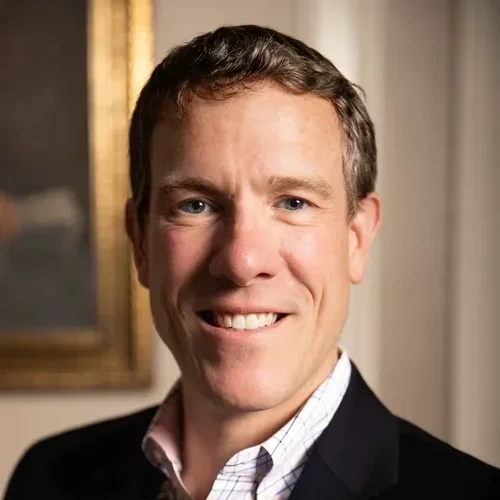Dear Cornerstone Family,
I was reminded this week again of a quiet danger that never announces itself with scandal or open rebellion. Instead, it creeps in unnoticed like carbon monoxide for the soul. It’s the danger of spiritual sleepiness.
Spiritual sleepiness is not outright unbelief. Rather, it’s drowsy faith. The spiritually sleepy attend worship, but they are no longer listening. They pray but only from rote. They recite the truth but no longer tremble at it.
As the Lord withdrew to the Garden of Gethsemane in preparation for the cross, he warned his disciples, “Watch and pray that you may not enter into temptation” (Matthew 26:41). They loved Jesus. But still they slept. And when the trial came, they scattered.
Spiritual sleepiness is imperceptible at first. A subtle drift, a slowly descending slumber. Then, the evidence starts showing up. We neglect time with the Lord. We excuse small sins. We’re soulishly blah. Not awake enough to delight in Christ or to sense the spiritual danger we’re in.
For all you studying Judges, we’re Samson. Our strength is drained through a slow and steady drift of repeated compromise. When Delilah finally cuts his hair, Samson “did not know that the Lord had left him” (Judges 16:20).
In reading these words today, do you sense this could be you? If so, take heed. Do not be like the foolish virgins who fell asleep waiting for the bridegroom and were not prepared when he came (Matthew 25:1-13). Wake up and take these instructions to heart:
1. Bask in the light of Scripture.
“Your word is a lamp to my feet” (Psalm 119:105). Do not merely read—linger. Query the Lord as you read. Seek him. Read until the text comes alive, until you awake and hear the loving, urgent plea of your Savior’s voice.
2. Pray specifically for awakening.
The Psalmist cries, “Will you not revive us again?” (Psalm 85:6) Name your dullness. Confess your coldness. Ask the Lord to revive your heart. God will hear your heart’s cry.
3. Practice immediate obedience.
James 1:22 says, “Be doers of the word.” Nothing dulls the soul like delayed obedience. When the Spirit convicts, act. Remove temptation. Forgive the offense. Practice repentance. Like cold water on a sleepy face, obedience awakens.
4. Fast from distractions.
We’re in a season of fasting in preparation for the feast of Easter. Jesus assumes we will be a fasting people (Matthew 6:16). What distraction maybe lulling you into a spiritual stupor? Fast from that. Give close attention to the noise you’re letting in—social media, endless entertainment, constant busyness. Cut it out and satisfy your hunger for God.
5. Examine yourself regularly.
2 Corinthians 13:5 urges, “Examine yourselves, to see whether you are in the faith.” Ask yourself soul-searching questions: “Is Christ precious to me? Do I grieve over sin? Do I long for His return?” Humble self-examination can shake us into sobriety.
6. Seek earnest fellowship.
Who really knows you? Hebrews 10:24 calls us, “…to stir up one another to love and good works.” Let’s draw close, praying with and for one another. Embracing one another in love. Speaking honestly about sin and suffering, pressing the hope of Christ into one another’s lives.
7. Above all, look to Christ Himself.
When the prodigal “came to himself” (Luke 15:17), he rose and went to his father. Awakening compels us to go home to a father who runs toward returning children.
Shake off your sleepiness. Rise and wash your face. Go to the Christ who is wide awake. He is interceding for you right now.
Your servant,


